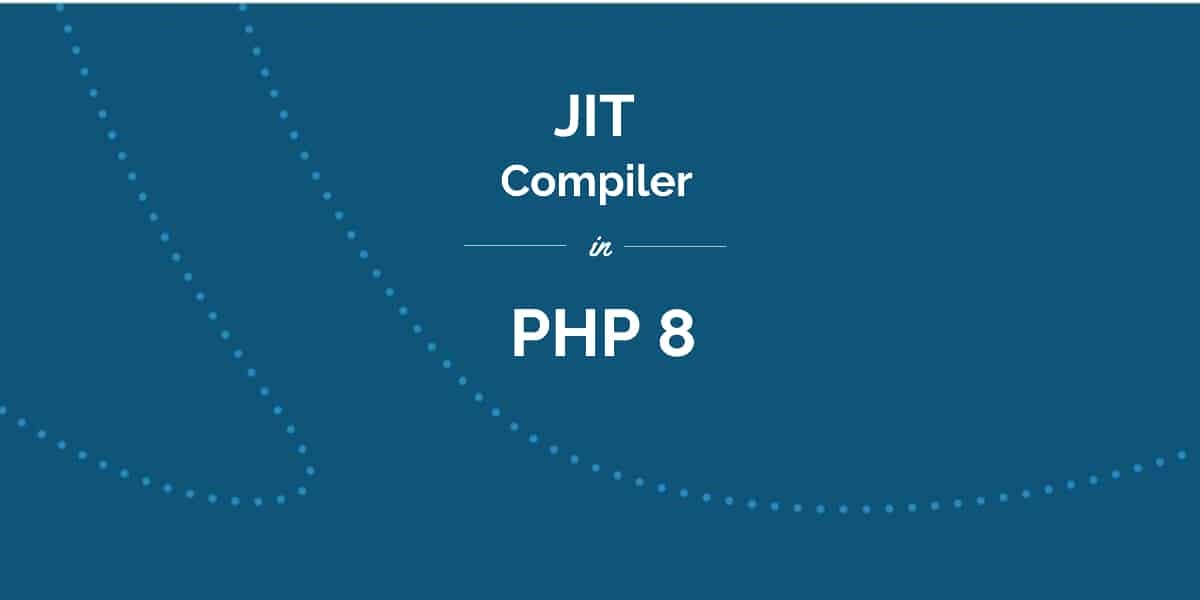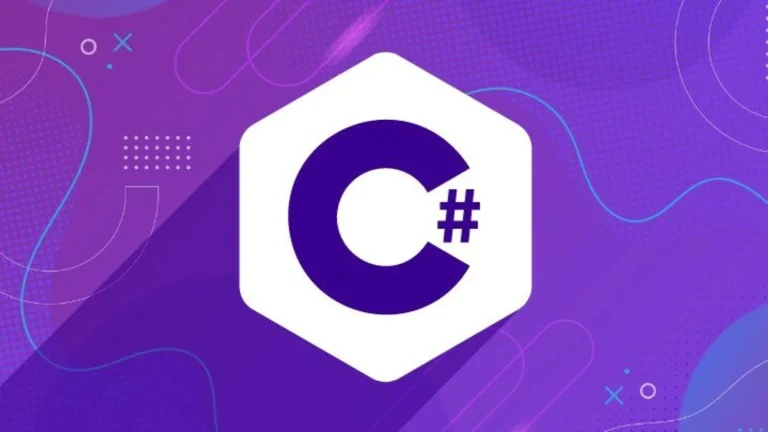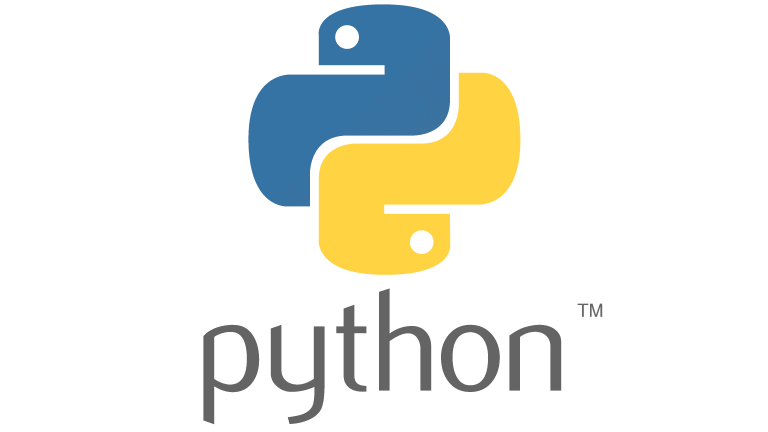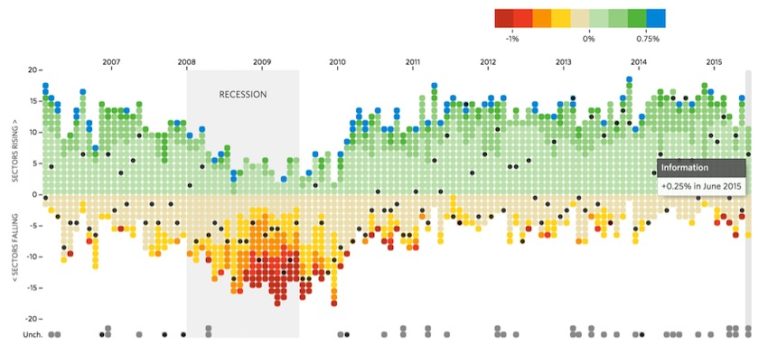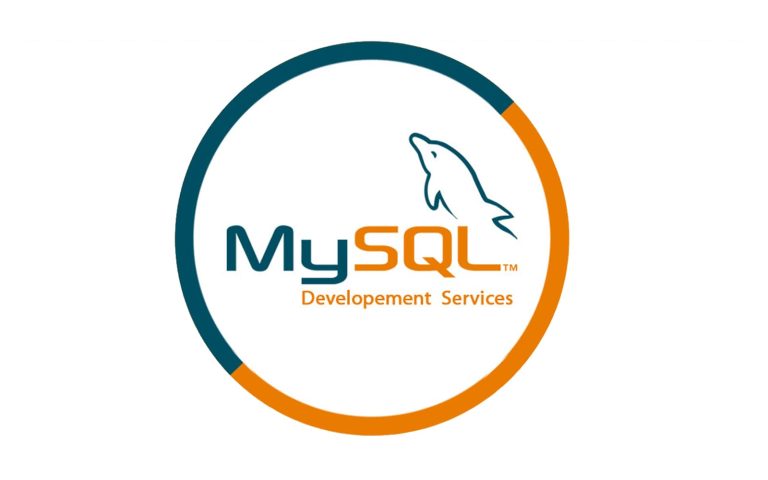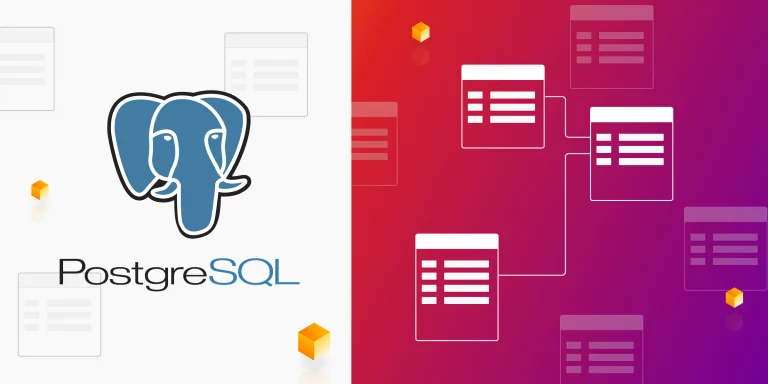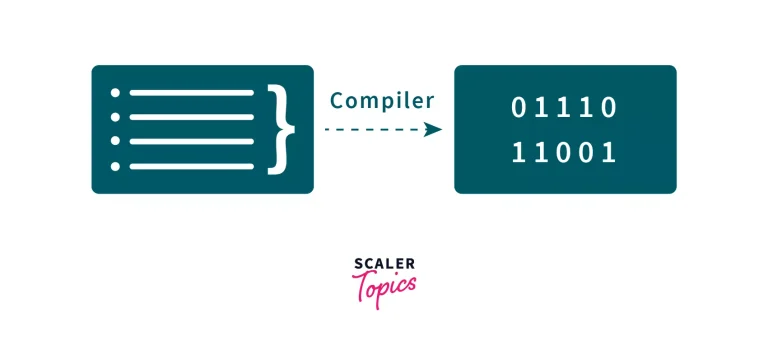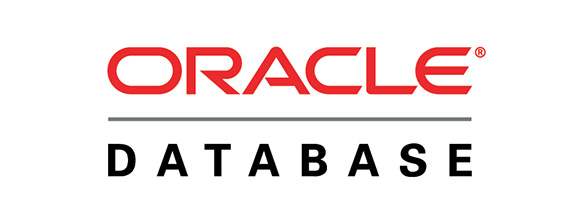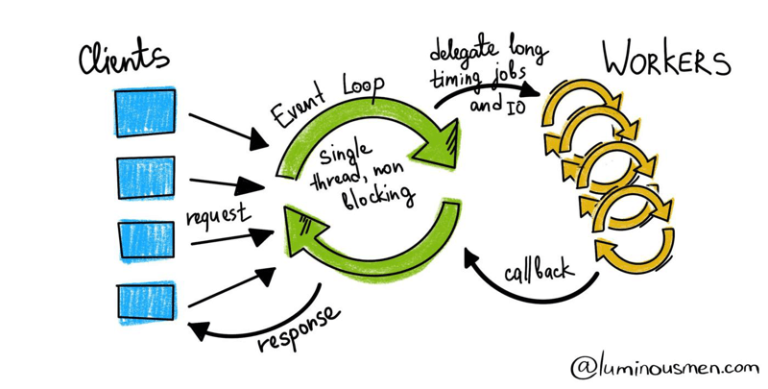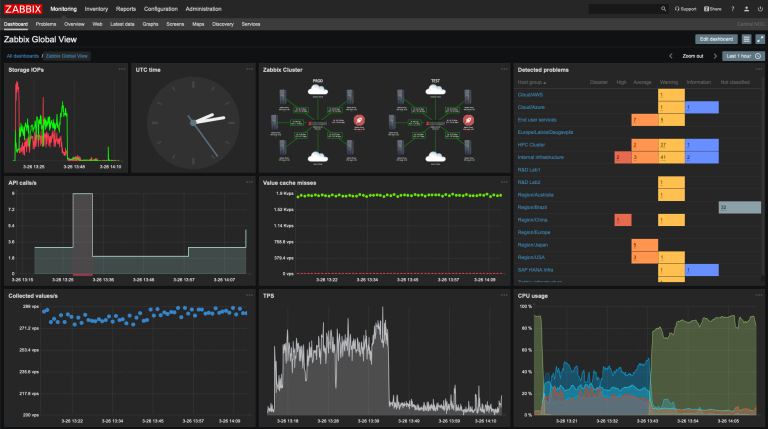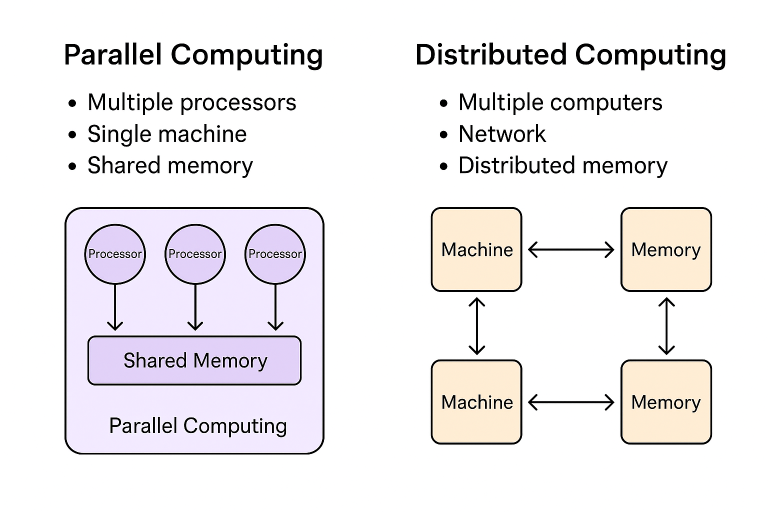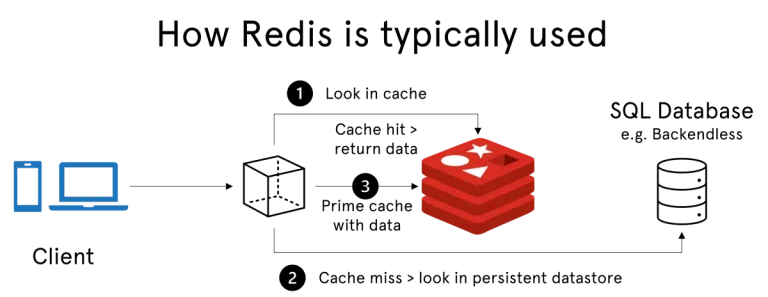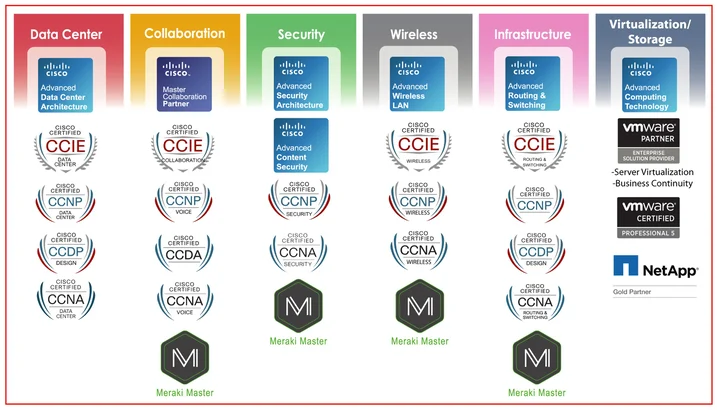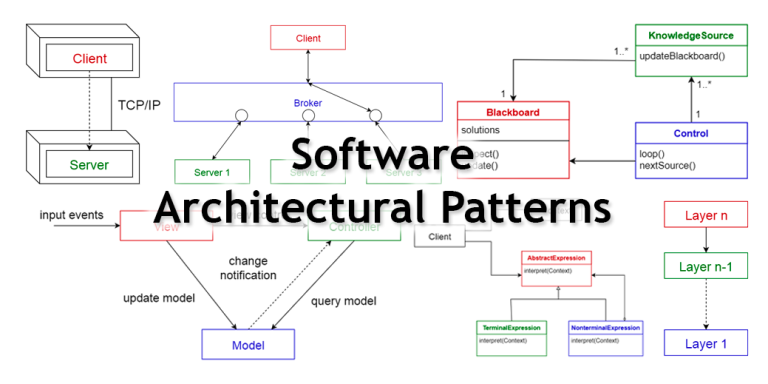In the realm of PHP performance optimization, two key technologies, OPcache (Opcode Cache) and JIT (Just-In-Time compilation), play significant roles. Both are designed to enhance the execution speed of PHP applications, but they operate in distinct ways. In this article, we’ll delve into the characteristics of OPcache and JIT, highlighting their differences and exploring how they can be employed to strike a balance in optimizing PHP performance.
Understanding OPcache:
1. OPcache Overview:
OPcache is a bytecode cache for PHP, introduced in PHP 5.5 and later versions. Its primary function is to store precompiled PHP scripts in shared memory, reducing the need for script parsing and compilation on each request. This caching mechanism significantly improves the performance of PHP applications by minimizing the overhead associated with script execution.
2. How OPcache Works:
- Caching Bytecode: When a PHP script is executed, it undergoes parsing to generate opcode, a low-level representation of the script. OPcache intercepts this process, caching the generated opcode in shared memory.
- Faster Execution: Subsequent requests for the same script can skip the parsing and compilation steps, leading to faster execution. OPcache essentially eliminates the need to recompile PHP scripts on every request.
3. OPcache Benefits:
- Improved performance by reducing script parsing and compilation overhead.
- Lower server load as cached scripts require fewer resources for execution.
- Enhanced scalability, enabling PHP applications to handle increased traffic more efficiently.
Understanding JIT:
1. JIT Overview:
JIT, or Just-In-Time compilation, was introduced in PHP 8.0 as a significant feature. Unlike OPcache, which caches bytecode, JIT dynamically translates PHP code into machine code at runtime. This dynamic translation occurs just before the code is executed, providing an additional performance boost.
2. How JIT Works:
- Dynamic Translation: Instead of relying solely on precompiled bytecode, JIT translates PHP scripts into machine code dynamically just before execution.
- Performance Boost: JIT is particularly effective for performance-critical code paths, providing optimizations that can lead to faster execution.
3. JIT Benefits:
- Additional performance improvements for specific code paths.
- Optimization of frequently executed sections of PHP code.
- Fine-grained control over optimization levels.
OPcache vs JIT: Finding the Balance
1. Compatibility:
- OPcache: Compatible with PHP 5.5 and later versions.
- JIT: Introduced in PHP 8.0. Some legacy code or specific configurations may require adjustments for compatibility.
2. Configuration and Tuning:
- OPcache: Configuration involves settings such as memory consumption, revalidation frequency, and max accelerated files.
- JIT: Provides more granular control over optimizations, allowing developers to tune JIT behavior for specific scenarios.
3. Use Cases:
- OPcache: General-purpose bytecode caching suitable for a wide range of PHP applications.
- JIT: Ideal for scenarios where fine-tuned optimizations for specific code paths are crucial, such as performance-critical sections of an application.
4. Resource Consumption:
- OPcache: Requires memory for caching opcode, impacting memory consumption.
- JIT: Introduces additional CPU overhead during dynamic translation.
5. Combining OPcache and JIT:
- OPcache and JIT: Developers can leverage both technologies simultaneously. OPcache provides overall performance improvements, while JIT offers additional optimizations for specific code sections.
PHP’s JIT implementation allows to fine tune when JIT should be used (when the script is loaded, after the first run, or during the execution), what (the whole function, or individual code structures), and how the optimizations be made (use of AVX instructions, use of CPU registers, etc.)
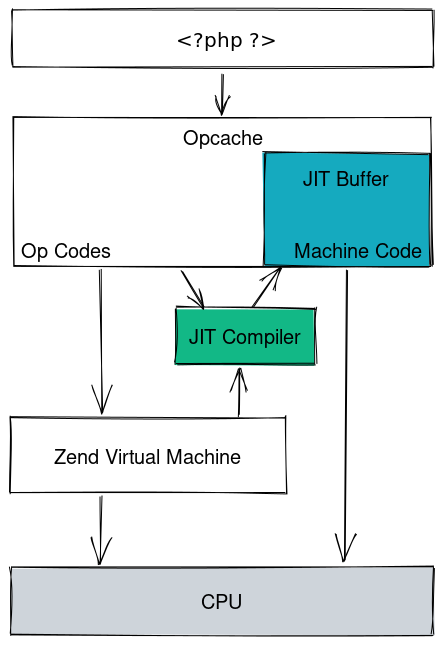
OPcache and JIT are complementary technologies that, when used judiciously, contribute to the optimization of PHP applications. OPcache provides a foundational boost by caching bytecode, while JIT introduces dynamic translation for additional performance gains in critical code paths. Striking a balance between these technologies involves understanding their strengths, configuring them appropriately, and considering the specific requirements of your PHP application. As PHP continues to evolve, OPcache and JIT remain integral components for achieving optimal performance in the dynamic landscape of web development.
Benchmarking the speed, security, and performance of PHP applications can provide valuable insights into their efficiency and effectiveness.
Let’s explore how these factors are typically assessed in benchmarks:
1. Speed:
a. OPcache:
- Positive Impact: OPcache significantly improves speed by caching precompiled bytecode in memory, eliminating the need for repetitive parsing and compilation.
- Benchmarking: Speed benchmarks often involve measuring the time it takes for PHP scripts to execute under various scenarios, comparing performance with and without OPcache.
b. JIT:
- Positive Impact: JIT introduces additional performance improvements, especially for specific code paths, by dynamically translating PHP code into machine code at runtime.
- Benchmarking: JIT performance is typically assessed by evaluating the execution time of critical code sections where JIT optimizations are applied.
c. Combined Approach:
- Synergies: Combining OPcache and JIT can yield synergies, providing a dual-layer optimization approach.
- Benchmarking: Speed benchmarks for a combined approach involve measuring overall application execution times and specific optimizations gained from JIT.
2. Security:
a. OPcache:
- Security Benefits: OPcache primarily focuses on performance improvements and doesn’t introduce specific security risks.
- Security Benchmarks: Security benchmarks often involve assessing the impact of caching on the exposure of sensitive information and ensuring that the caching mechanism doesn’t compromise security.
b. JIT:
- Security Considerations: JIT introduces additional complexity, and developers should be aware of potential security implications.
- Security Benchmarks: Benchmarks for JIT often involve testing the system’s resilience against potential vulnerabilities introduced by the dynamic translation process.
c. Combined Approach:
- Security Impact: When combining OPcache and JIT, security benchmarks should consider potential interactions and ensure that the dual approach doesn’t compromise overall security.
- Benchmarking: Assess the security robustness of the combined caching and dynamic translation mechanisms.
3. Performance:
a. OPcache:
- Performance Boost: OPcache significantly enhances overall PHP application performance by reducing the time spent parsing and compiling scripts.
- Benchmarking: Performance benchmarks focus on measuring the overall efficiency of PHP applications with OPcache enabled, considering aspects like response times and resource utilization.
b. JIT:
- Fine-Tuned Performance: JIT provides fine-tuned optimizations for specific code paths, contributing to performance improvements in critical sections.
- Benchmarking: Performance benchmarks for JIT assess the gains achieved in specific scenarios, emphasizing areas where dynamic translation provides the most substantial benefits.
c. Combined Approach:
- Comprehensive Performance Assessment: Combining OPcache and JIT requires a comprehensive performance assessment, considering the synergies between bytecode caching and dynamic translation.
- Benchmarking: Measure the combined impact on overall PHP application performance, highlighting areas where each technology contributes.
Conclusion:
Benchmarking the speed, security, and performance of PHP applications involves evaluating the impact of OPcache, JIT, and their combined approach under various conditions. Speed benchmarks focus on execution times, security benchmarks assess potential vulnerabilities, and performance benchmarks provide a holistic view of overall application efficiency. The choice between OPcache, JIT, or both depends on the specific requirements of the application and the desired trade-offs between speed, security, and performance. Regular benchmarking and optimization efforts are essential for maintaining and improving the effectiveness of PHP applications over time.

